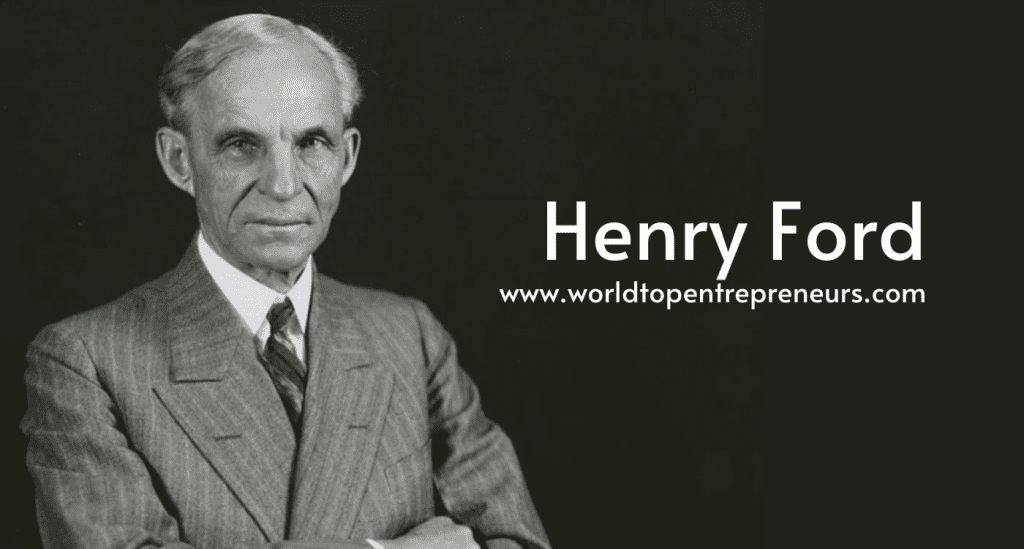When you think of musical instruments, the name Yamaha is almost synonymous with quality and innovation. Known for its pianos, guitars, and an array of other musical instruments, Yamaha Corporation has established itself as a titan in the industry. But behind this global name lies a story of vision and perseverance, driven by one remarkable individual: Toshio Iwai. This article delves into the life of Toshio Iwai, the founder of Yamaha Corporation, exploring his early life, the creation of the company, and his lasting impact on the world of musical instruments.
Early Life and Background
Toshio Iwai was born on April 17, 1909, in Hamamatsu, Japan, a city known for its strong musical heritage. Growing up in a region where music was an integral part of the community, Iwai was exposed to various forms of traditional Japanese music from an early age. His father, a carpenter by trade, had a deep appreciation for music and owned a collection of instruments. This environment nurtured Iwai’s early interest in music and set the stage for his future endeavors.
From a young age, Iwai demonstrated a natural aptitude for understanding the mechanics of musical instruments. His fascination with how sounds were produced led him to experiment with various types of instruments, tinkering and modifying them to enhance their performance. This hands-on approach to learning became a defining characteristic of Iwai’s later work.
Educational Journey
Iwai’s formal education began at a local school, where his academic prowess was evident. He excelled in subjects related to mathematics and science, areas that would later prove beneficial in his work with musical instruments. His exceptional skills earned him a scholarship to attend a prestigious technical school in Tokyo, where he studied engineering.
During his time at the technical school, Iwai became deeply interested in the intersection of engineering and music. He was particularly intrigued by how technological advancements could be applied to improve the design and functionality of musical instruments. This fascination would become the cornerstone of his future work.
The Founding of Yamaha Corporation
In 1887, long before Toshio Iwai’s time, Yamaha Corporation was founded by Torakusu Yamaha. Initially, Yamaha started as a manufacturer of reed organs, but under the leadership of Toshio Iwai, the company underwent a transformation that would cement its position as a global leader in musical instruments.
Early Challenges
When Iwai took over the reins of the company in the early 20th century, Yamaha was primarily known for its reed organs and pianos. However, the musical instrument industry was rapidly evolving, and Iwai recognized the need for innovation to stay competitive. The challenge was not just about keeping up with the changes but leading them.
One of the significant challenges Iwai faced was the company’s financial instability. Despite its rich history, Yamaha was struggling to establish itself in the market. Iwai’s vision was to diversify the company’s product line and improve the quality of its instruments. This required substantial investment in research and development, as well as a complete overhaul of the company’s manufacturing processes.
Visionary Innovations
Under Iwai’s leadership, Yamaha began to expand its product line beyond reed organs and pianos. Recognizing the potential of the burgeoning electronics industry, Iwai spearheaded the development of electric organs and other electronic instruments. This move was revolutionary at the time and positioned Yamaha as a forward-thinking company ready to embrace technological advancements.
One of Iwai’s most notable innovations was the development of the Yamaha CP-70, a portable electric piano that became popular among musicians for its versatility and sound quality. The CP-70’s success marked Yamaha’s entry into the electronic instrument market, setting the stage for future innovations.
Iwai’s commitment to quality and innovation was also reflected in Yamaha’s approach to manufacturing. The company invested in state-of-the-art technology and implemented rigorous quality control measures to ensure that each instrument met the highest standards. This focus on excellence helped Yamaha build a reputation for producing reliable and high-quality musical instruments.
Expanding Product Lines
As Yamaha continued to grow, Iwai recognized the importance of diversifying the company’s product offerings. In addition to electric organs and pianos, Yamaha began to explore other areas of musical instrument manufacturing. This included the development of guitars, brass and woodwind instruments, and percussion instruments.
The introduction of Yamaha’s electric guitars and basses was a significant milestone for the company. These instruments quickly gained popularity among musicians, further establishing Yamaha’s presence in the music industry. The company’s commitment to innovation extended to its guitar designs, incorporating advanced technology and materials to enhance performance and durability.
Yamaha also ventured into the production of high-quality brass and woodwind instruments, including trumpets, saxophones, and flutes. These instruments were designed with the same attention to detail and quality that had become synonymous with the Yamaha brand.
Legacy and Impact
Toshio Iwai’s contributions to Yamaha Corporation and the world of musical instruments have left an indelible mark. His visionary leadership and commitment to innovation have shaped the company into a global leader in the industry.
Influence on Musical Instrument Design
Iwai’s approach to instrument design was characterized by a blend of traditional craftsmanship and modern technology. He believed that the key to creating exceptional musical instruments lay in understanding the intricate balance between form and function. This philosophy guided Yamaha’s product development and led to the creation of instruments that were not only aesthetically pleasing but also highly functional.
Yamaha’s success in producing a wide range of musical instruments can be attributed to Iwai’s emphasis on research and development. The company’s commitment to exploring new technologies and materials has resulted in the development of innovative instruments that continue to inspire musicians around the world.
Impact on the Music Industry
Yamaha Corporation’s influence on the music industry extends beyond the instruments it manufactures. The company has played a significant role in shaping the way music is created and performed. Yamaha’s innovations in electronic instruments, such as synthesizers and digital pianos, have revolutionized music production and performance.
The Yamaha brand has become synonymous with quality and reliability, and its instruments are used by musicians of all levels, from beginners to professionals. The company’s commitment to supporting musicians through education and community engagement has further strengthened its position in the industry.
Legacy of Excellence
Toshio Iwai’s legacy is one of excellence and innovation. His leadership transformed Yamaha Corporation into a global leader in musical instruments, and his contributions continue to resonate in the industry today. The company’s ongoing commitment to quality and innovation reflects Iwai’s vision and dedication.
Yamaha’s success is a testament to Iwai’s ability to anticipate and adapt to changes in the market. His willingness to embrace new technologies and explore new possibilities has ensured that Yamaha remains at the forefront of the musical instrument industry.
Personal Reflections and Achievements
Beyond his professional accomplishments, Toshio Iwai was known for his personal integrity and dedication to his craft. He was a mentor to many young engineers and musicians, and his passion for music was evident in everything he did. His leadership style was characterized by a combination of humility and confidence, inspiring those around him to strive for excellence.
Iwai’s contributions to the musical instrument industry have been recognized with numerous awards and accolades. His work has been celebrated not only for its technical achievements but also for its impact on the artistic and cultural aspects of music. The Yamaha brand continues to be a symbol of innovation and excellence, reflecting Iwai’s enduring legacy.
Conclusion
Toshio Iwai’s journey from a young music enthusiast to the founder of Yamaha Corporation is a remarkable story of vision, innovation, and perseverance. His leadership transformed Yamaha into a global leader in musical instruments, and his contributions have had a lasting impact on the music industry.
Through his commitment to quality and innovation, Iwai set new standards for musical instrument design and manufacturing. His legacy continues to inspire musicians, engineers, and entrepreneurs around the world, and his influence can be seen in the exceptional instruments produced by Yamaha Corporation.
As we reflect on the life and achievements of Toshio Iwai, we are reminded of the power of vision and dedication in shaping the future of an industry. His story serves as a testament to the impact that one individual can have on the world of music and beyond.





















